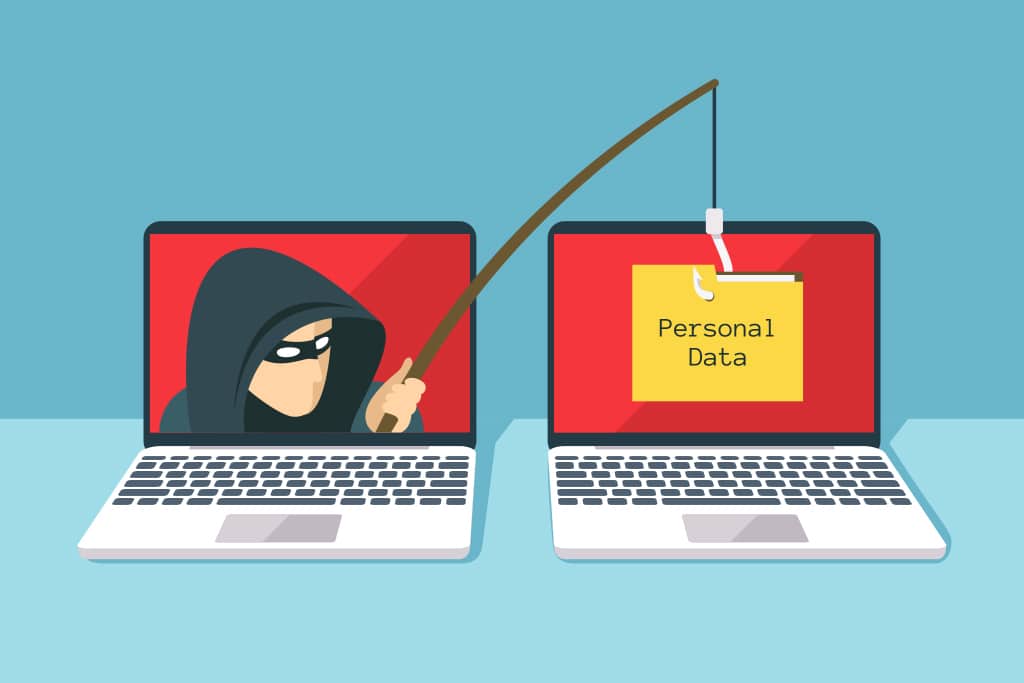
Tax deductions for home office expenses
May 20, 2020
Problem gambling – there’s more than money at stake
September 14, 2020Identity theft scams are on the rise in a big way. This year Scamwatch (run by the Australian Competition and Consumer Commission) has received more than 24,000 reports of stolen personal information, an extraordinary increase of 55 per cent compared with the same time in 2019.
Notably, people aged 25-34 reported losing personal information more than any other age group. This has contributed to an increase in financial losses across all scams, up to $91 million so far this year.
Scamwatch reports that during the COVID-19 pandemic, with more people working and socialising online, there has been a large increase in the theft of personal information, such as bank and superannuation details or passwords, passports, employment ID cards, drivers licences, tax assessments, utility bills and Medicare and credit cards. This information is commonly used for identity theft in which criminals freely access every part of their victims’ financial and personal lives.
Phishing scams, the most common form of scam, are up by 44 per cent compared with the same time last year. Scammers claim to be from government departments and businesses, such as the Tax Office, myGov, Telstra or the NBN, to gain bank account details and other information about a person that can be used to impersonate them.
Armed with that information, scammers use it to access victims’ bank accounts or superannuation, take out loans under their names or impersonate them on social media to try to obtain money from family and friends. This not only causes financial stress, but it commonly leads to longer term serious mental health problems.
Our key message here is to never give out your personal or financial information to anyone you don’t know or trust, especially via email, text, social media or over the telephone.
Top 5 Tips
Here are the top 5 tips from Scamwatch to protect your personal information:
- Don’t be pressured into giving away personal information to someone who has contacted you, no matter who they say they are;
- Don’t click on links in unexpected emails or messages, even if it appears to have come from a legitimate source;
- Use strong passwords for your accounts and internet network, and never share them with others;
- Install anti-virus software on your devices and keep it up to date; and
- Limit what personal information you share about yourself online, including on social media.
If you suspect you are a victim of identity theft, contact IDCARE (idcare.org).
IDCARE is a free government-funded service which will work with you to develop a specific response plan to your situation and support you throughout the process.
If you have been the victim of a scam, contact your bank as soon as possible and contact the platform on which you were scammed to inform them of the circumstances.
More information on scams is available on the Scamwatch website, including how to make a report and where to get help. You can also follow @scamwatch_gov on Twitter and subscribe to Scamwatch radar alerts.
Need to talk with someone?
If ever you need guidance or assistance with working through significant financial problems, go to Contact Us on our website. We’ll be more than happy to discuss your problems on a confidential basis and if required, we’ll refer you to a trusted professional in our network who can help.







